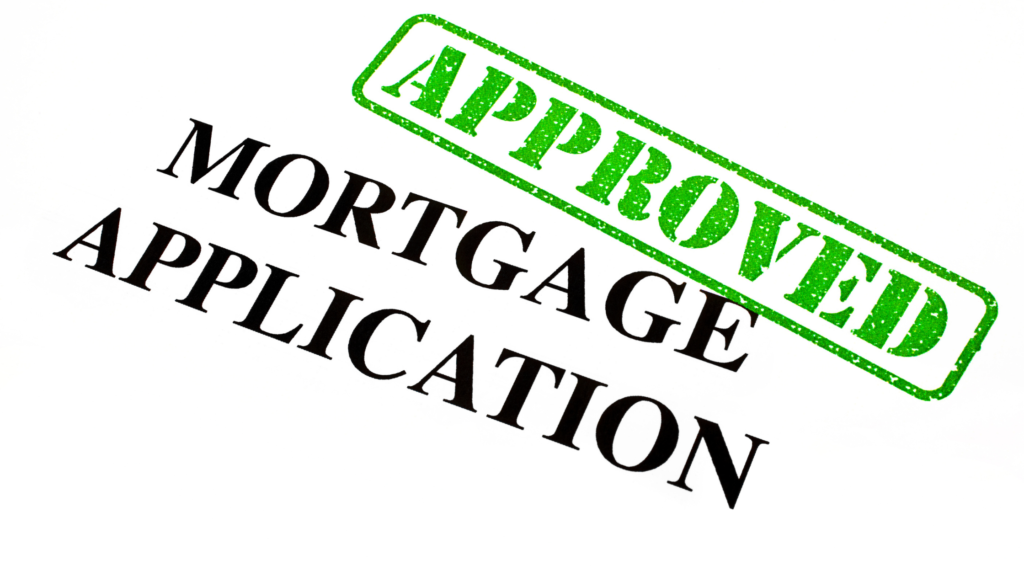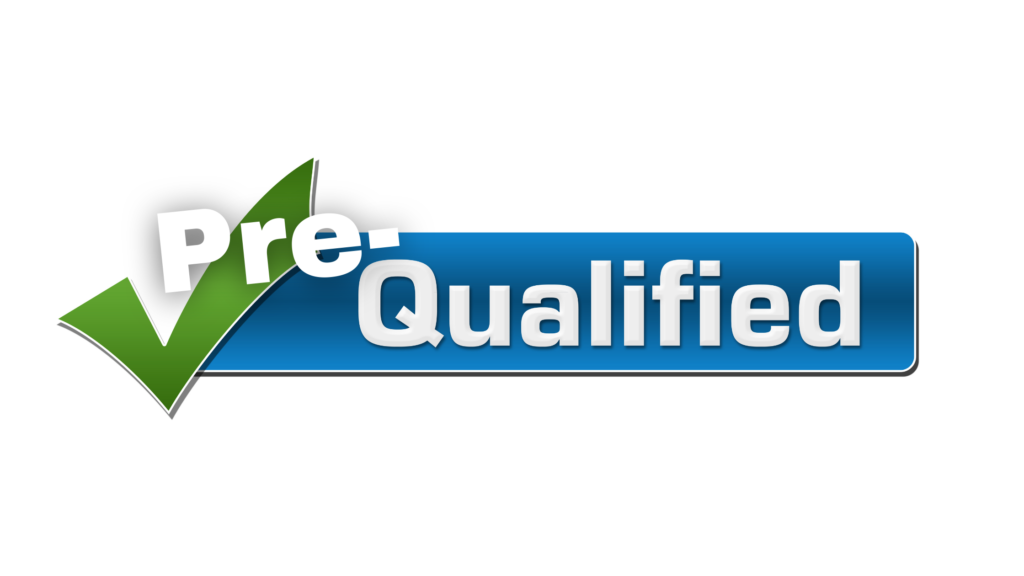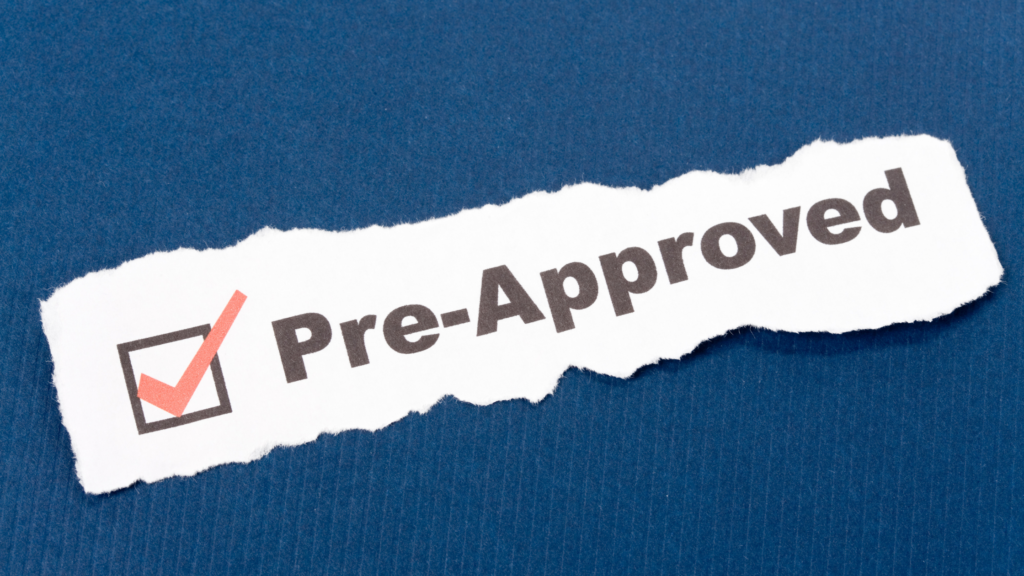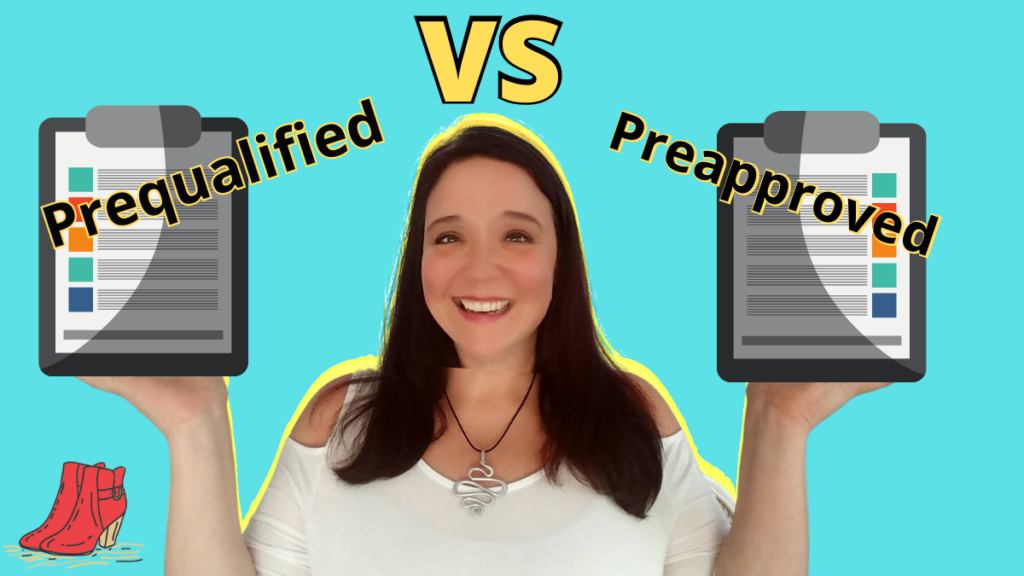
You are starting to think about buying a house and are starting to hear the words mortgage pre-qualified and pre-approved. You’re trying to figure out the difference between a mortgage pre-qualified and pre-approved and are probably trying to figure out which one would be best for you. That is what I’m covering here.
Mortgage Approvals

The Mortgage Pre-Qualification and Pre-Approvals are different types of mortgage approvals. It refers to the processes that a lender takes to ensure that you can afford a mortgage as a buyer. At the end of both of these processes you will be receiving a letter or documentation of a sort. You will have a pre-qualification letter or a pre-qual letter, or a preapproval letter. You will need to be in touch with a mortgage lender. There are many types of mortgage lenders, your local bank, a credit union or an online mortgage loan originator.
Mortgage Pre-Qualification
(being pre-qualified)

For a mortgage pre-qualification, whichever mortgage lender you choose to contact they will be asking for personal information. Such as your full name, your current address, your estimated annual household income, your estimated monthly household debt. They put that information into a program and give you the mortgage pre-qualification number and pre-qualification letter. The lender does not verify any of the information that you give them. By having a mortgage pre-qualification letter it does prove that you have been in touch with a lender and are starting the home buying process. The pre-qualification is less reliable than a pre-approval, and justs gives you a ballpark estimate of what you may be able to qualify for.
Mortgage Pre-Approval
(being pre-approved)

The mortgage pre-approval process starts the same way with the lender asking for the same information, but they request additional information:
- paycheck stubs for the last 30 days, your W2 or 1099 tax forms for the previous two years,
- bank account statements for the past two months for all checking and savings accounts,
- asset statements for the past two months for things like CDs stocks and bonds,
- real estate holdings
- personal debt that is not listed on your credit report –your student loans.
They then take this information and verify every aspect of the information. Once they have completed the verification, you will officially be pre-approved for a mortgage. The bad news is this will be a hard credit hit. The mortgage pre-approval is a stronger sign of what you can afford and adds more credibility to any offer you make. When you get your pre-approval, your lender will estimate:
- how much you can afford to borrow
- what your interest rate could be and
- how much your mortgage payments could be
Keep in mind that is because this is all hypothetical until you find a property and go under contract. These are just hypothetical numbers based on your current verified information and what the interest rates are for the day that you go through the mortgage pre-approval process. Once you decide on a home and go under contract then the lender can run the real numbers based on the then current interest rate, taxes and purchase price of the home and be able to give you a much closer estimate of how much are mortgage payment could be, and what your closing cost would likely be.
Watch this video as i explain this subject

So based on this information which do you think would be best for you? Let me know!

Leave a Reply